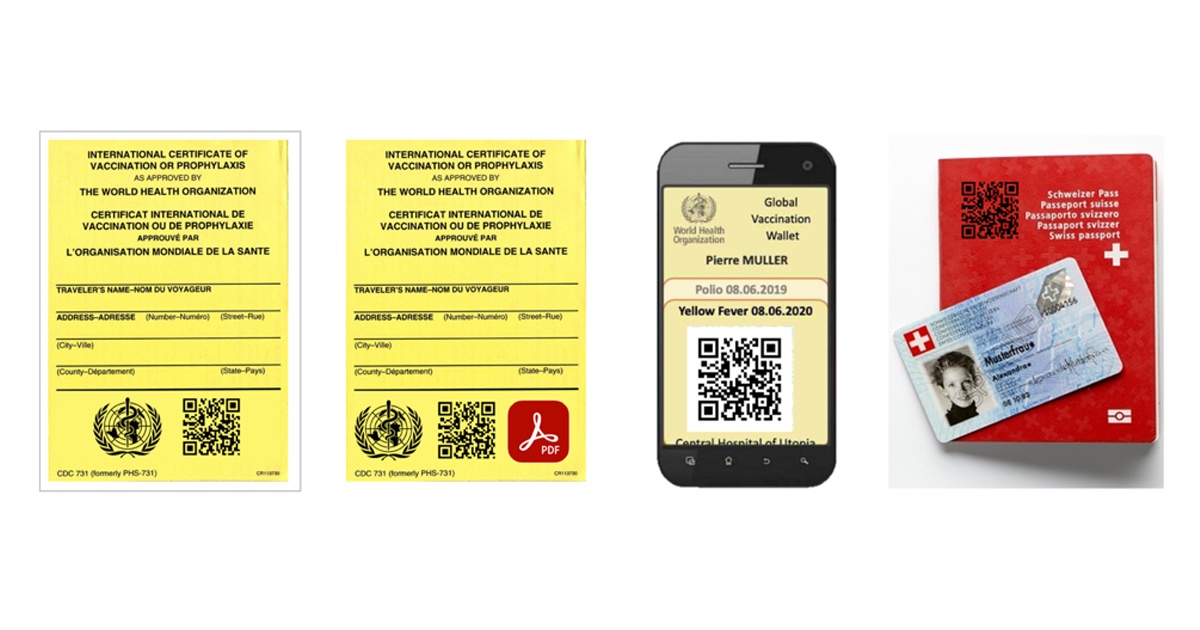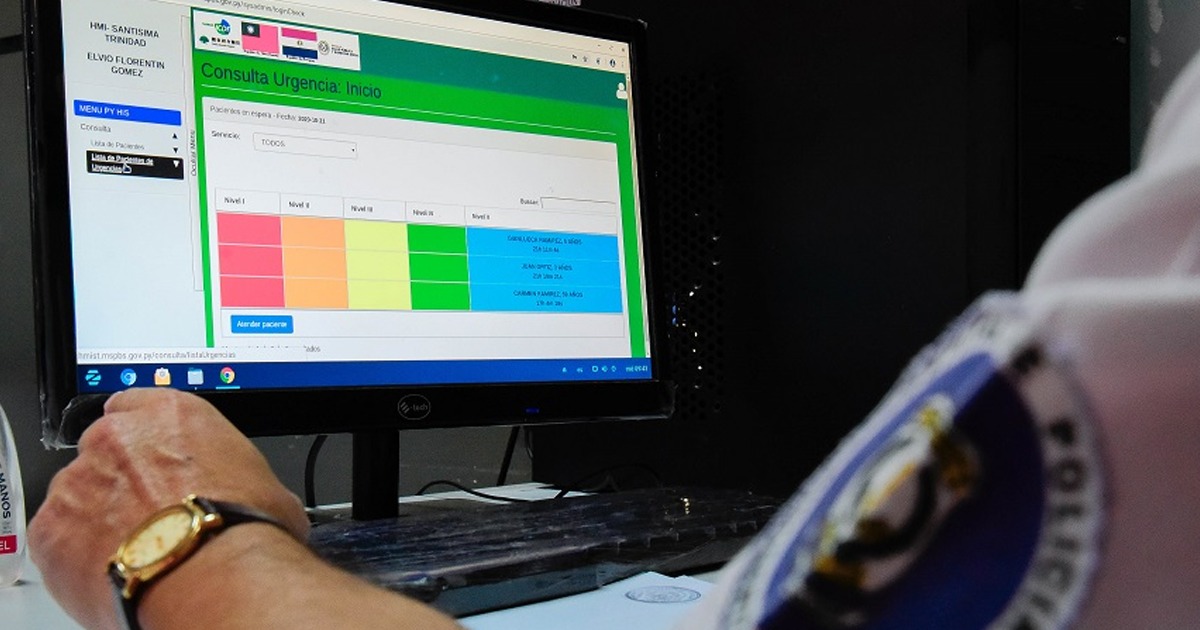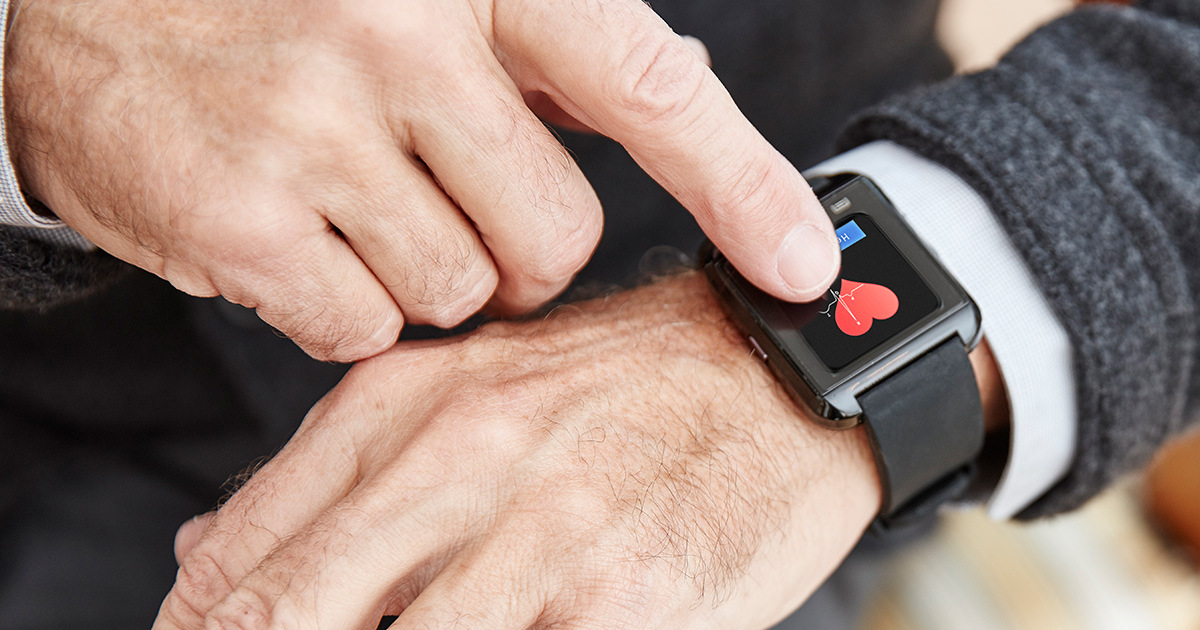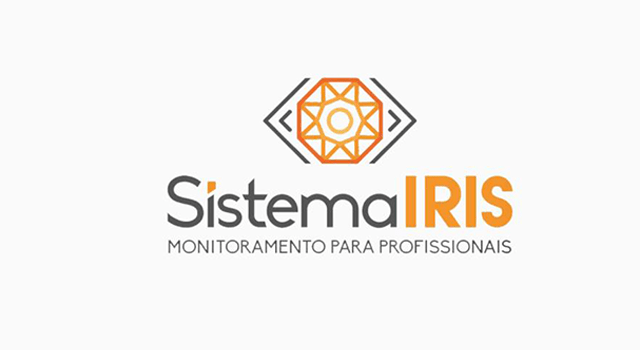MIT researchers developed an Artificial Intelligence (AI) device to detect errors in the self-administration of medical treatments, such as the application of insulin or the use of inhalers.
Poor self-administration of medical treatment is a real public health problem that can cause serious health problems in patients, such as hospitalizations. However, it can be prevented through proper adherence to treatment by patients. MIT researchers developed a system that uses Artificial Intelligence to avoid this kind of situations in the self-administration of drugs specifically through devices such as inhalers or insulin pens.
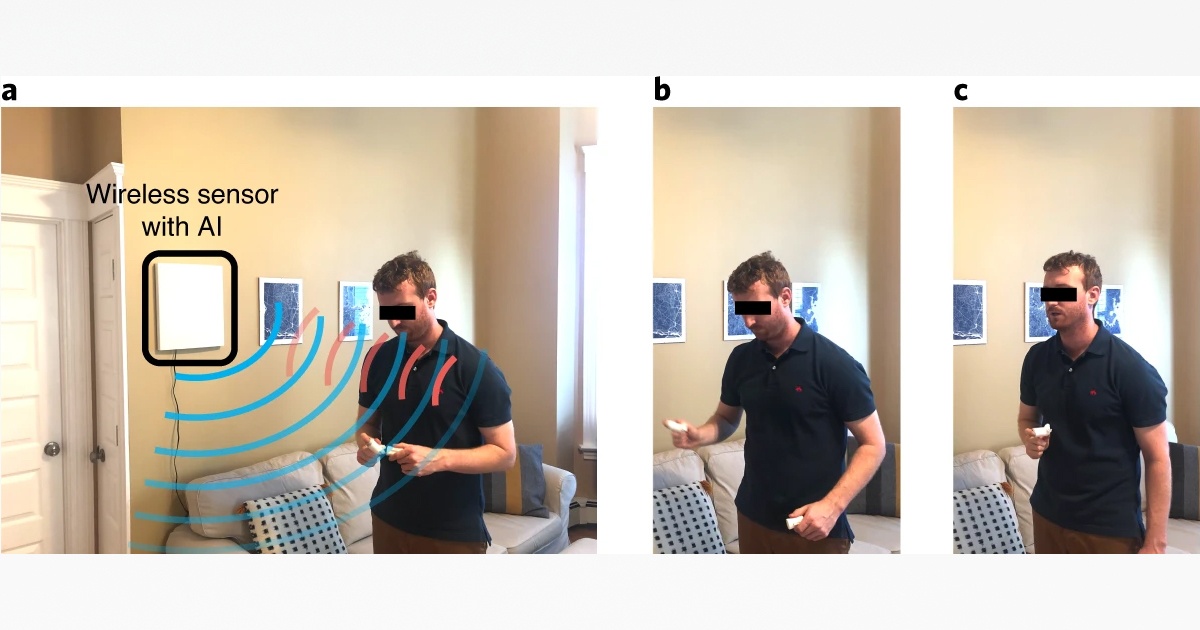
The study “Assessment of medication self-administration using artificial intelligence”, published in Nature details that: “Errors in medication self-administration (MSA) lead to poor treatment adherence, increased hospitalizations and higher healthcare costs”.
These errors are particularly common when they involve the use of inhalers or insulin pens. That's why MIT researchers presented a non-contact AI model that achieves MSA error detection and monitoring.
“The system was developed by observing self-administration conducted by volunteers and evaluated by comparing its prediction with human annotations. Findings from this study demonstrate that our approach can automatically detect when patients use their inhalers (area under the curve (AUC) = 0.992) or insulin pens (AUC = 0.967), and assess whether patients follow the appropriate steps for using these devices (AUC = 0.952),” the study explains.
The model combines wireless technology and AI, and can be installed at home in the shape of a sensor to alert not only patients and their relatives, but also their physician, about possible medication errors. In this way they seek to reduce avoidable hospitalizations.
The system works as described below. First, the sensor tracks the patient's movements within a radius of approximately 10 meters, then the AI tracks the signs to distinguish whether the patient is using an insulin pen or an inhaler. Finally, the system alerts the patient and the medical professional when it has detected an error in the patient's self-administration.
The system has been tested and validated through a large set of more than 47,000 examples of self-administration events in 107 participants. In addition, the study used different physical environments, such as offices, living rooms, kitchens, hallways to measure the tool.
You can learn more about the results by reading the full article through the following link: https://www.nature.com/articles/s41591-021-01273-1

